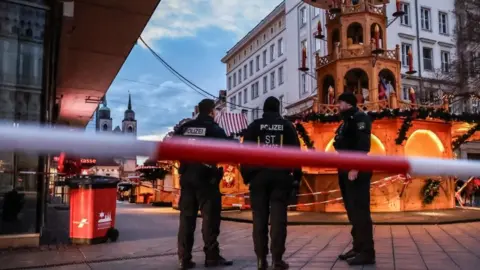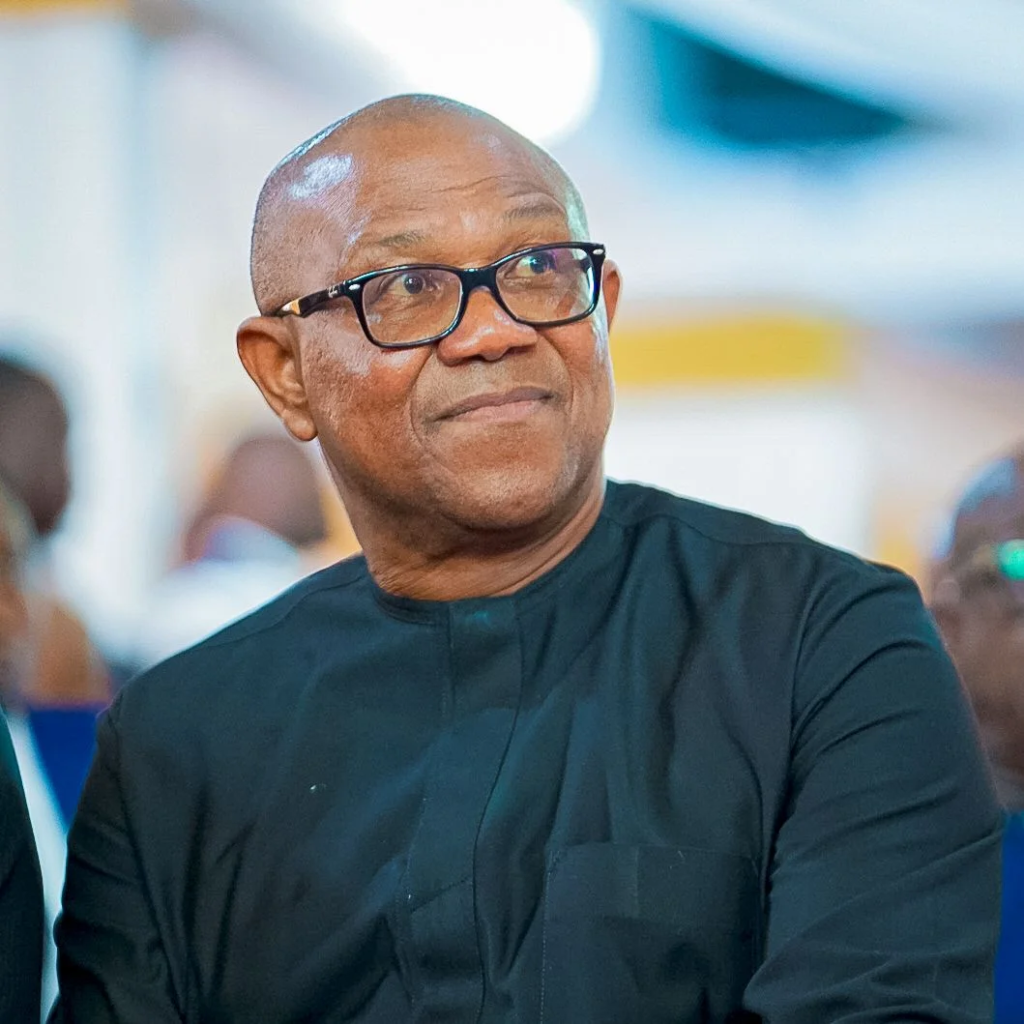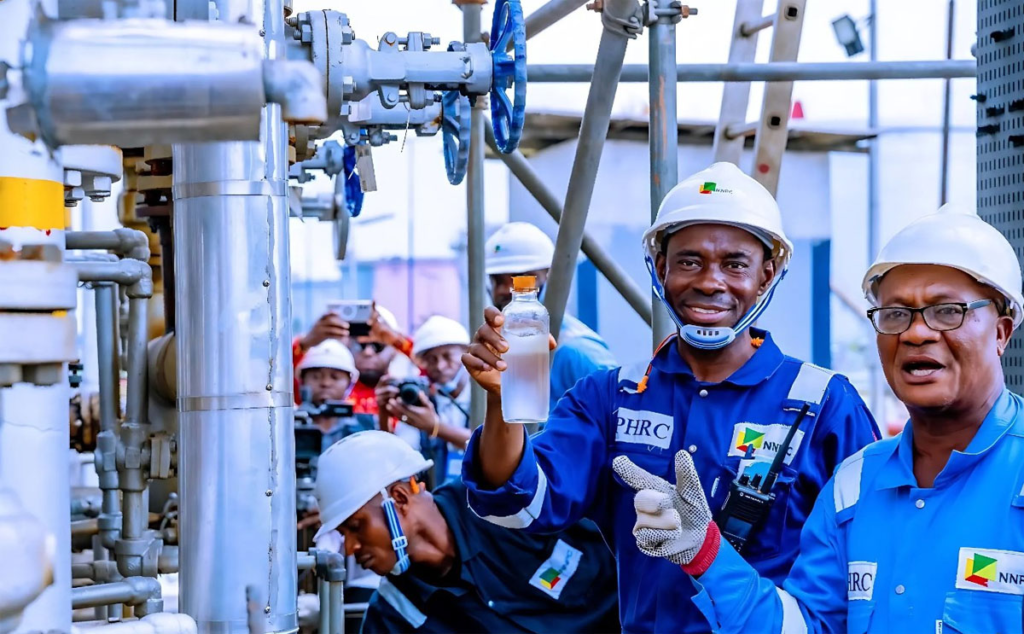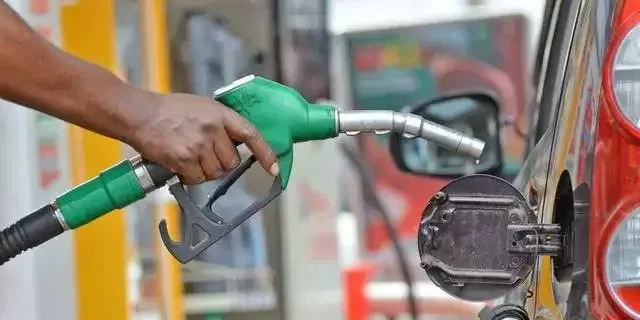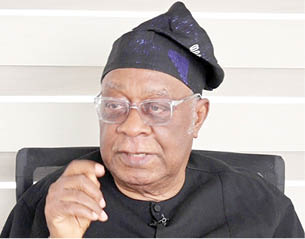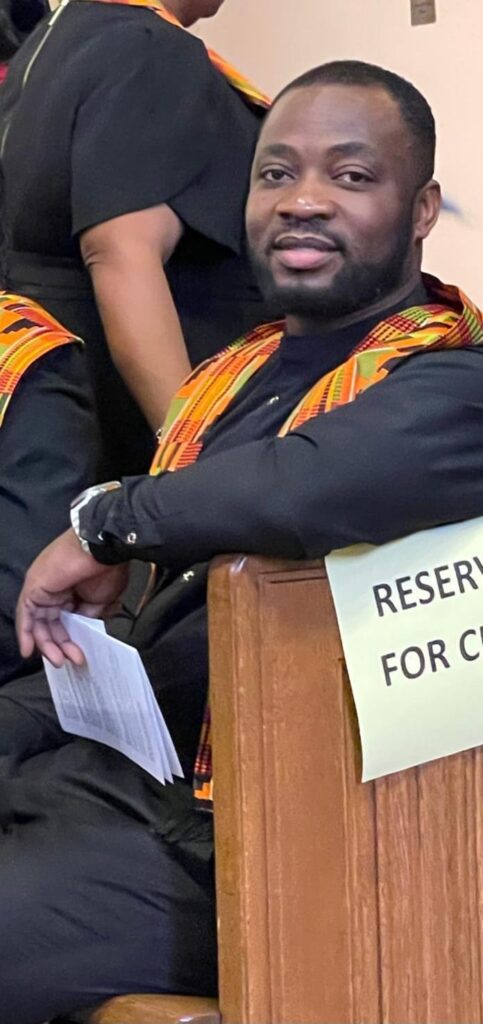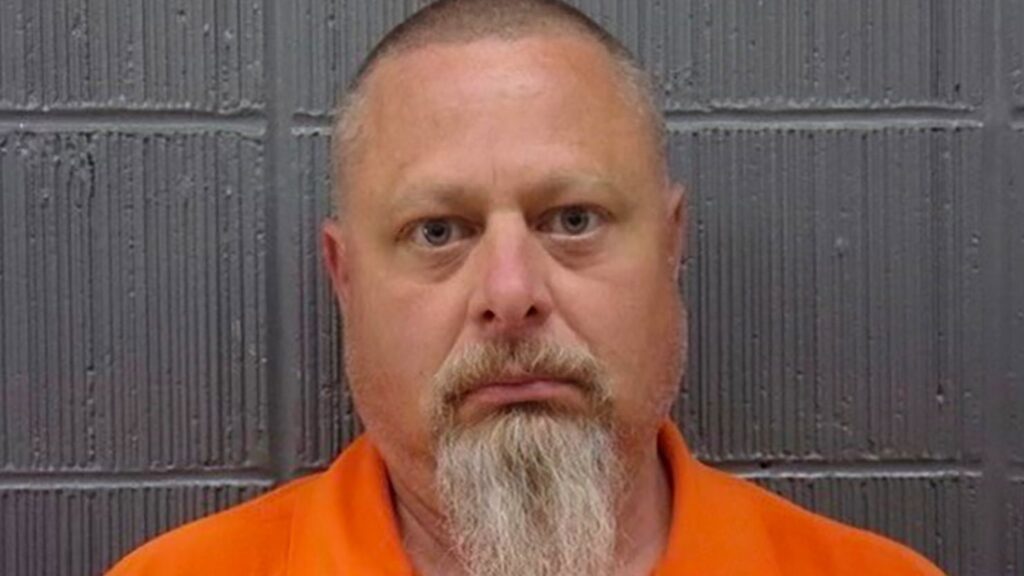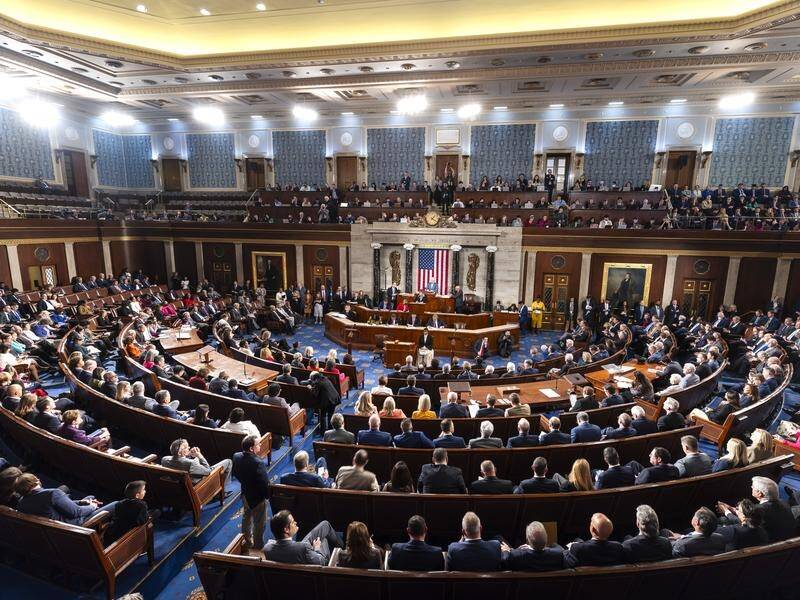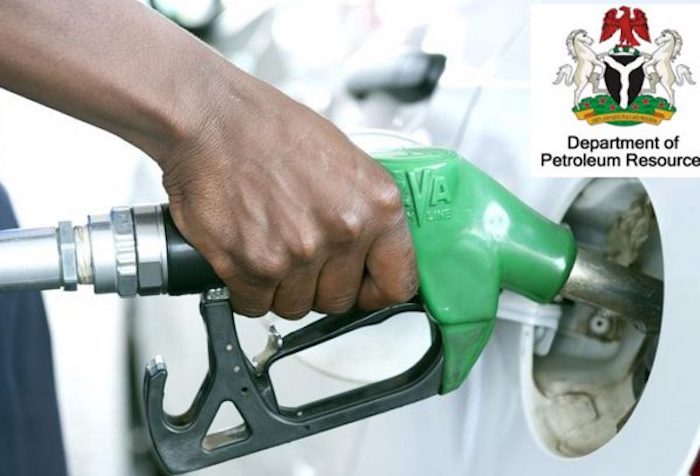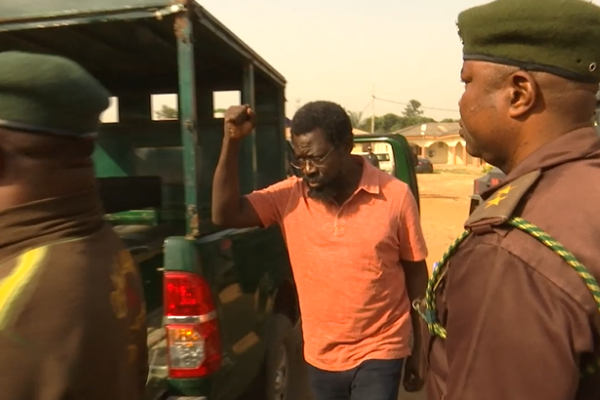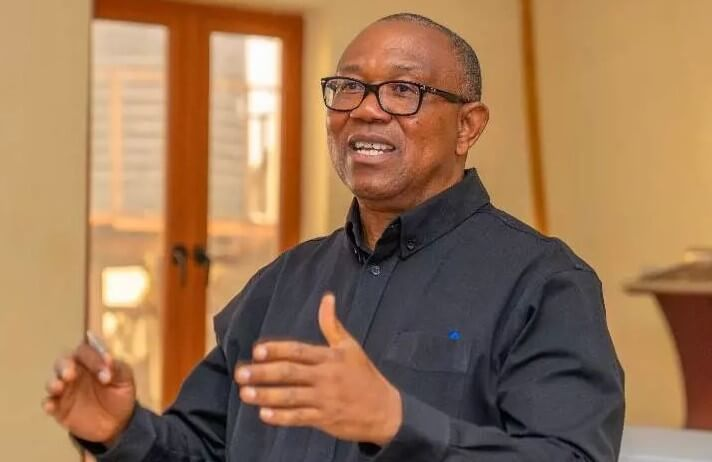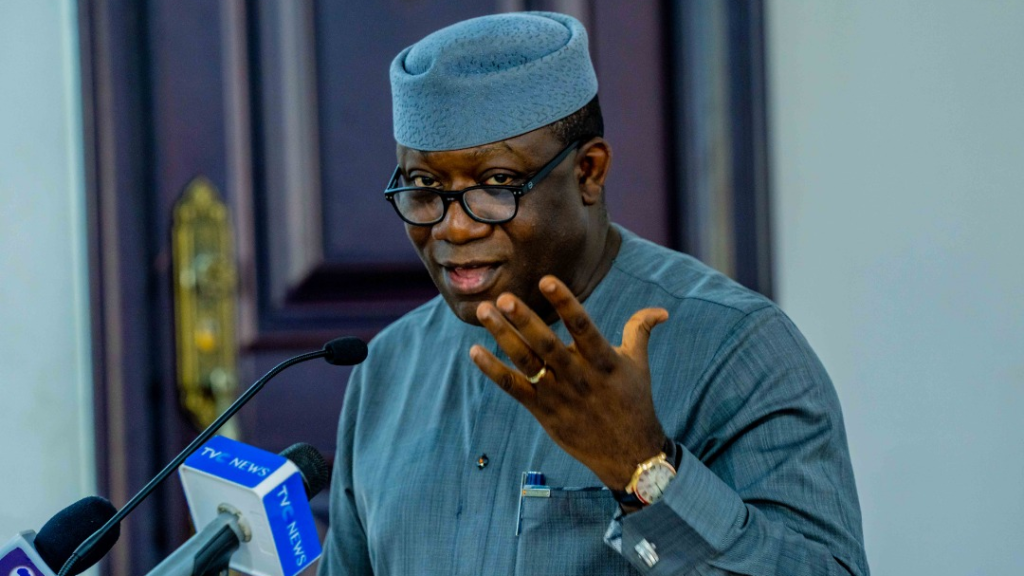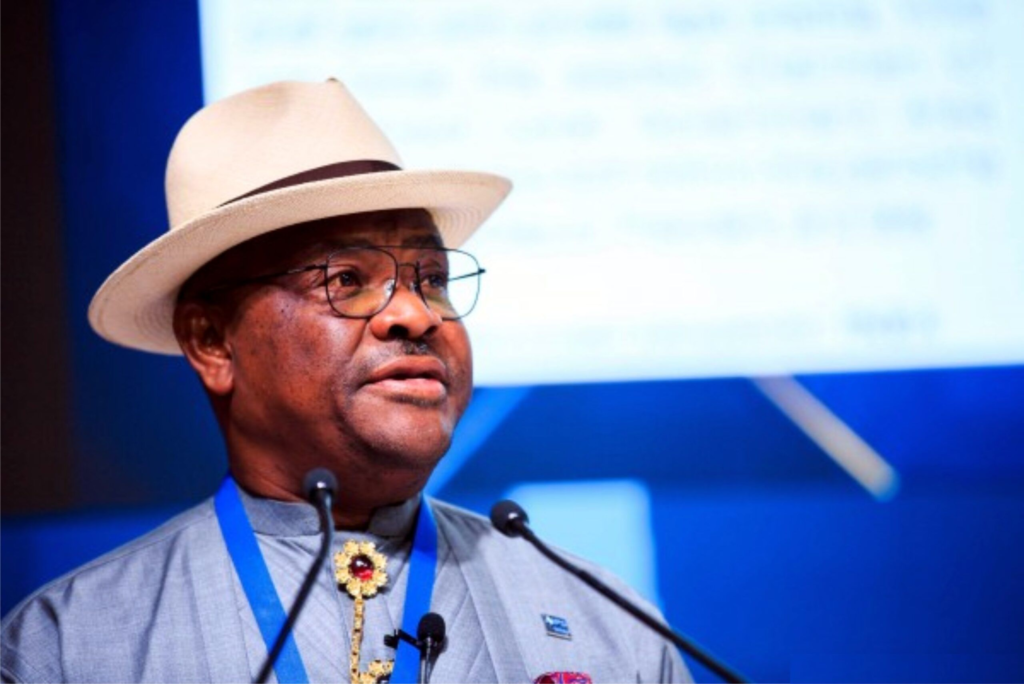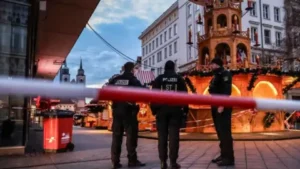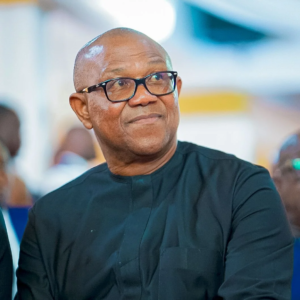In a decisive referendum held on Sunday, a substantial majority of Ecuadoran voters endorsed measures aimed at combating organized crime, including the extradition of criminal bosses to the United States, according to the country’s electoral council.
The referendum saw a resounding “yes” vote in favor of extradition, receiving 65 percent of valid ballots, while the “no” vote garnered 25 percent, based on a quick count of results announced by the electoral council at a press conference.
Out of the country’s 17.7 million inhabitants, nearly 13.6 million were eligible to participate in the referendum, which presented 11 questions on the ballot concerning measures against drug trafficking and gangs.
President Daniel Noboa welcomed the outcome, emphasizing its significance in the ongoing battle against crime.
He expressed optimism that the approved measures would equip authorities with enhanced tools to address crime and restore peace to Ecuadoran families.
Ecuador has been grappling with a troubling surge in violence attributed to a rise in narcotics trafficking, with recent incidents including the killings of two mayors.
Against this backdrop, the referendum aimed to address pressing security concerns by adopting stricter measures against criminal elements.
The proposed changes, including expanding military and police powers, imposing stricter gun control, and imposing harsher penalties for terrorism and drug trafficking, received popular support in the referendum.
Additionally, President Noboa sought to amend the constitution to enable the extradition of Ecuadorians wanted abroad for organized crime-related offenses, aligning Ecuador with countries like Colombia and Mexico, which have adopted similar measures.
However, the referendum took place amidst ongoing security challenges, underscored by the tragic killing of Damian Parrales, the chief of El Rodero prison, who was fatally shot in an attack while having lunch with his family.
Ecuador’s prisons have become hotbeds of organized crime activity, contributing to a wave of violence that has claimed hundreds of lives in recent years.
President Noboa’s declaration of a state of “internal armed conflict” in January underscored the severity of the situation, with efforts to combat criminal groups met with persistent challenges.
Despite the government’s initiatives, violence continues to afflict the country, prompting urgent action to address insecurity and bolster law enforcement efforts.




